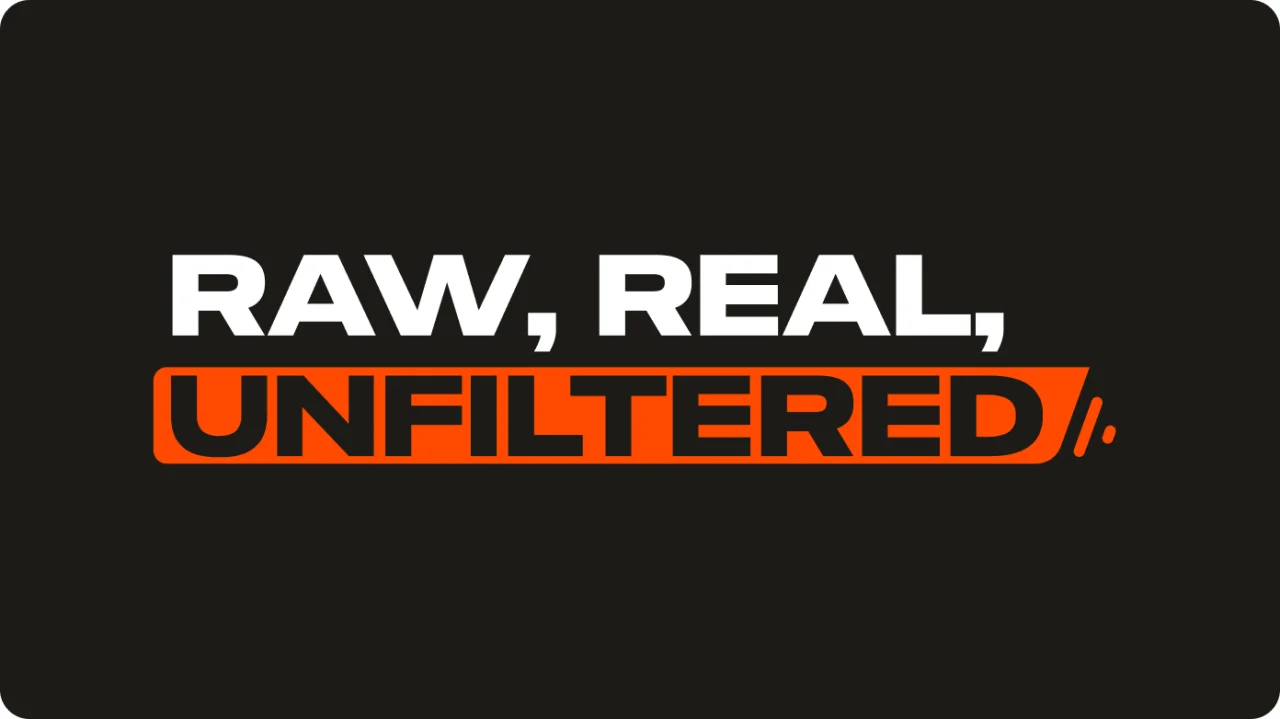• Accurate recordkeeping is the foundation of successful small business tax management and essential for defending write-offs in case of an audit.
• The IRS doesn’t care how you track receipts—just that you can prove and categorize every business-related expense.
• Prioritize high-value deductions like the home office, startup costs, vehicle mileage, and professional services to reduce your tax burden effectively.
• Avoid mixing personal and business expenses, which is one of the most common audit triggers.
• Audit red flags include excessive deductions relative to income, poorly substantiated charitable giving, and misuse of the home office deduction.
• Use tools like Expensify, MileIQ, or QuickBooks to automate and streamline your tracking process.
• Develop monthly habits—like reconciling books, uploading receipts, and reviewing profit/loss statements—to prevent last-minute tax chaos.
• Set up business-only financial accounts and maintain a dedicated tax buffer (25–30% of revenue) to manage payments and avoid penalties.
• Choosing the right accounting method (cash or accrual) can influence both compliance and insight into your financial performance.
• Even if you’re DIY-ing your taxes, schedule at least one professional review each year to catch mistakes and optimize strategy.






